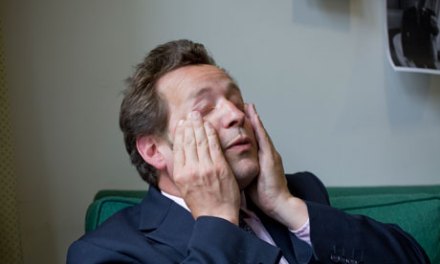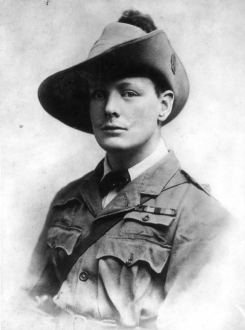Cutting the arts and decimating culture
Rationing Mammon emaciates the Muses. Plato knew it, and so does Polly Toynbee: it’s just simple cause and effect. And government cuts tend to be cyclical: seven fat years of abundance are invariably followed by lean years of famine. Unlike health and overseas development, the arts seem to have no divine right of exemption from the fiscal straitjacket presently being strapped around other departments of state: it is undeniably politically easier to cut Northern Ballet than hospital beds or malaria nets. But the suggestion that a reduction of £150 million amounts to little more than a slight nip‘n’tuck in a very fleshy sector is a little misleading. Certainly, there are




